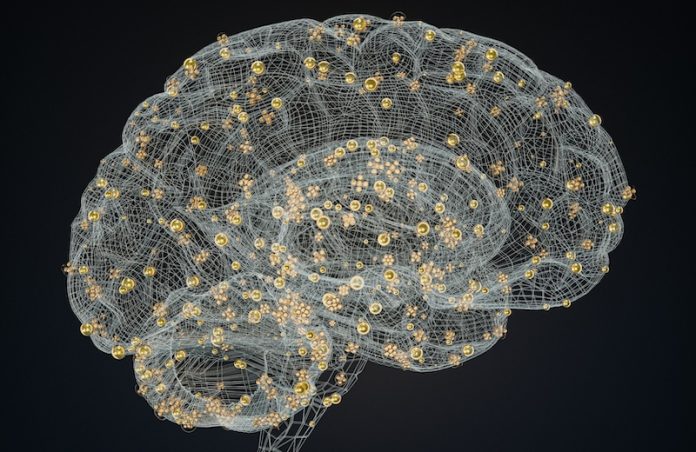
Researchers at Nanyang Technological University in Singapore have made an important discovery that could lead to new treatments for Alzheimer’s disease. They found a way to restore energy in brain immune cells called microglia, which play a key role in clearing harmful substances from the brain.
Microglia act as the brain’s cleanup crew, removing toxic proteins and cellular waste. In people with Alzheimer’s disease, these cells often become damaged and lose their ability to do their job properly. This leads to the buildup of harmful proteins, such as beta amyloid, which contributes to the disease.
The scientists discovered that microglia rely on a specific protein, called the translocator protein, to generate energy. When this protein is missing, the cells struggle to produce enough energy and cannot clear waste efficiently.
They also found that when microglia lack this protein, another enzyme called hexokinase-2 becomes more active. However, instead of helping, this enzyme pushes the cells to use an inefficient way of producing energy, making the problem worse.
To fix this, the researchers developed a unique light-based tool. They genetically modified the hexokinase-2 enzyme so that it could be controlled with blue light. When the light was shined on the enzyme, it stopped the cells from using the inefficient energy pathway.
As a result, the microglia regained their ability to remove toxic proteins from the brain, improving waste clearance by nearly 20%.
This breakthrough offers hope for future Alzheimer’s treatments. The researchers believe that if they can develop drugs that target energy production in microglia, it could help slow down or even prevent the disease.
Currently, there is no cure for Alzheimer’s, and treatments mainly focus on managing symptoms rather than stopping the disease’s progression.
According to the World Health Organization, around 78 million people worldwide may have dementia by 2030. New approaches like this one could be key to developing more effective treatments in the future.
The study was led by Lauren H. Fairley and was published in the journal Proceedings of the National Academy of Sciences.
If you care about Alzheimer’s, please read studies about the likely cause of Alzheimer’s disease and new non-drug treatment that could help prevent Alzheimer’s.
For more information about brain health, please see recent studies about diet that may help prevent Alzheimer’s, and results showing some dementia cases could be prevented by changing these 12 things.
Copyright © 2025 Knowridge Science Report. All rights reserved.



